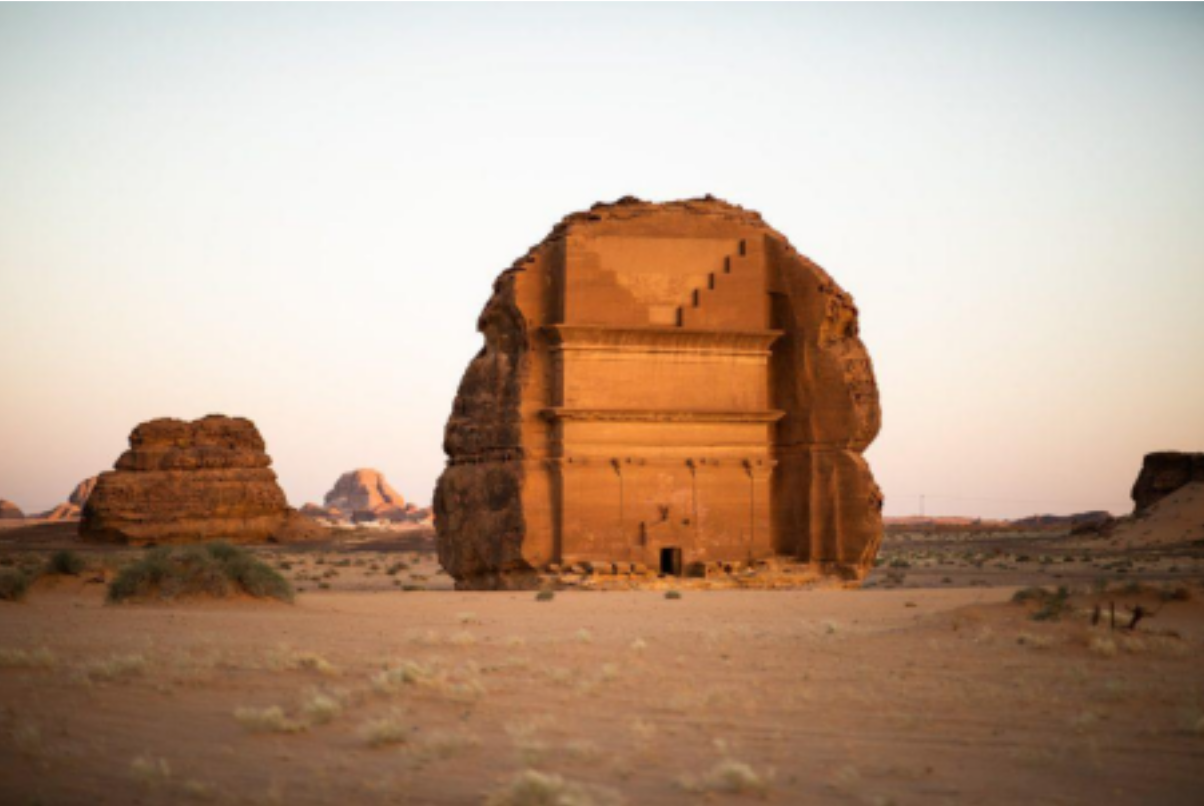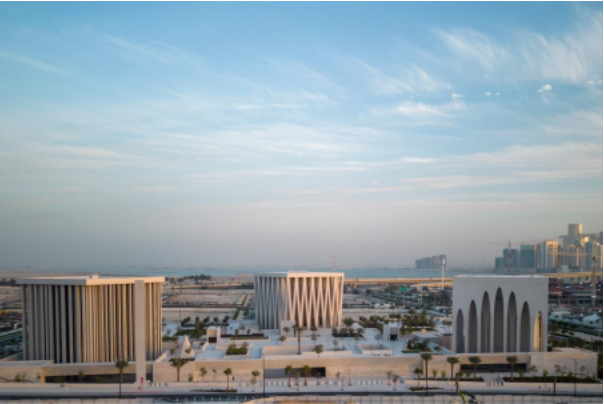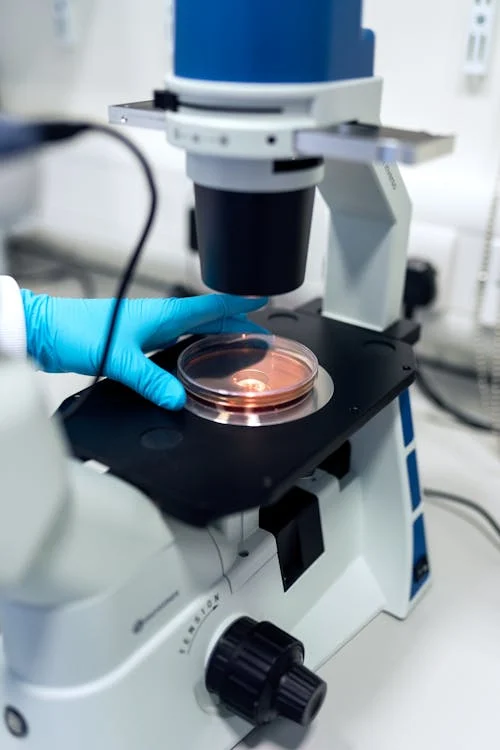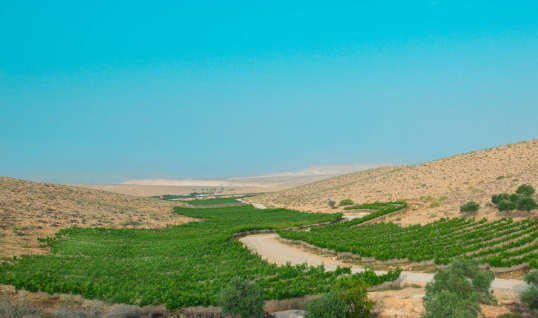
From sand to flowers: Israel brings life to the desert
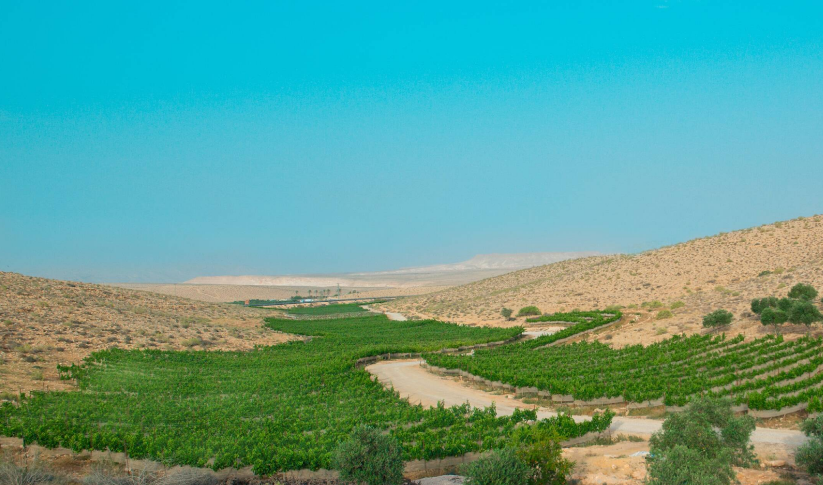
The Negev in all its states
The Negev desert covers 13,000 km², forming a triangle whose southern tip touches the Gulf of Aqaba and the city of Eilat. To the west, it is bordered by the Sinai Peninsula and the Gaza Strip, while to the east it runs along the Arabah Valley, marking the border between Israel and Jordan. The arid climate of the Negev represents a natural barrier to traditional crops. With annual rainfall sometimes below 100 mm and summer temperatures often reaching 45°C, agriculture once seemed impossible in these regions. Yet it is in these extreme conditions that Israel has developed revolutionary agricultural technologies that enable fruit, vegetables and flowers to be grown in the desert.
Technology for the desert
In just a few years, the start-up nation has established itself as a pioneer in agricultural technologies, notably through drip irrigation, a method that has revolutionized water management in arid areas. Invented by engineer Simcha Blass in the 1960s, this technique involves applying small quantities of water directly to the roots of plants to avoid losses through evaporation, which are particularly high in the desert. Thanks to this method, Israel has successfully reduced water consumption while increasing agricultural production. As well as reducing water consumption, this method encourages better absorption by plants, thereby increasing production while minimizing the use of fertilizers. The success of drip irrigation has enabled previously infertile land to be converted into productive agricultural areas. Today, around 60% of Israel's fruit and vegetable exports come from the Negev, proof that the challenge has been met. It is important to note that drip irrigation has been largely perfected by Netafim, an Israeli company founded in 1965 on Kibbutz Hatzerim. The company is now a world leader in micro-irrigation, with a market share of over 30%.
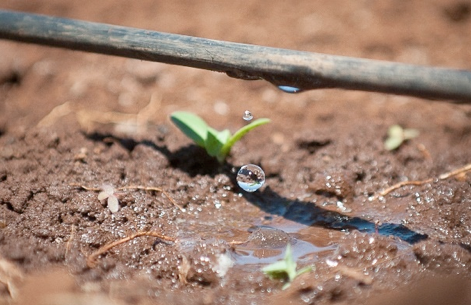
Another key Israeli technology for flourishing the desert is precision farming and the use of intelligent greenhouses. These intelligent greenhouses, also known as automated greenhouses, maximize resource efficiency and respond to climatic challenges by automatically adjusting environmental conditions. Thanks to advanced sensor technology, humidity, light and temperature levels can be monitored in real time, optimizing crop growth while minimizing water and energy consumption. The sophisticated sensors used in these greenhouses continuously measure the condition of crops and soil. For example, AgroWebLab, an Israeli company specializing in precision agriculture, has developed sensors capable of optimizing irrigation and nutrient management. The data collected then enables farmers to better anticipate plant needs, adjust water and nutrient inputs and prevent potential diseases. According to a report by the Volcani Institute, smart greenhouses in Israel are boosting agricultural productivity by more than 15% compared with traditional methods. At the same time, water consumption can be reduced by 25-30%, which is essential in a country where water resources are scarce. To combine this approach with intelligent greenhouses, Israel has developed precision agriculture, which relies on data analysis for the fine-tuned management of plots of land. Companies such as Taranis and Prospera combine satellite data and drones to monitor crops in real time. This technique enables anomalies to be detected, diseases to be prevented and solutions to be found quickly, thereby reducing losses. Prospera, for example, uses artificial intelligence to analyze crop data and provide real-time recommendations to farmers.
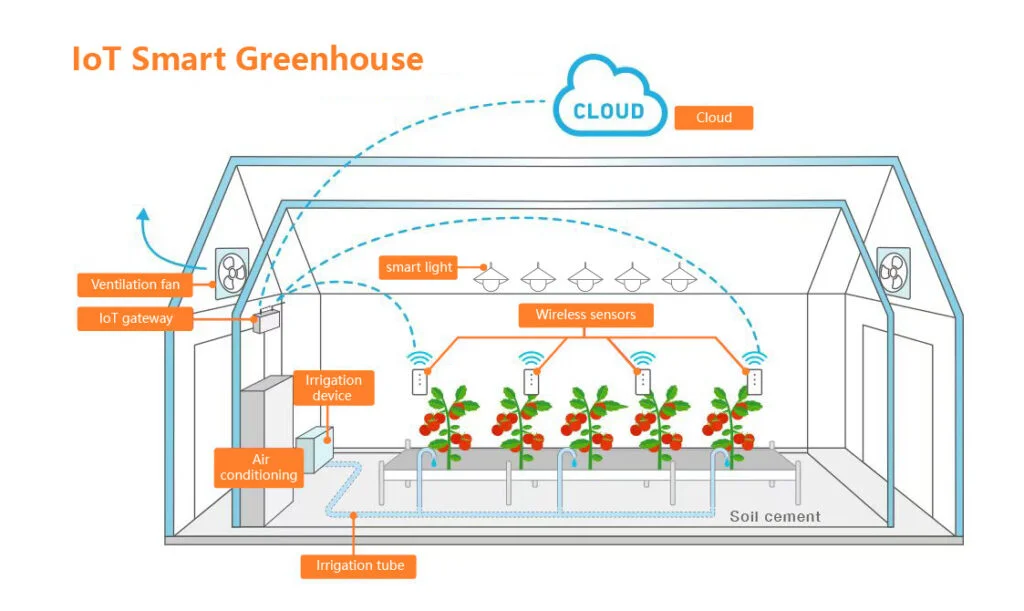
A strategic vision to regenerate the Negev
David Ben Gourion, former Israeli Prime Minister and founding father of the Hebrew State, said: ‘It is our duty to make the desert bloom’.
That says it all. Drip irrigation, intelligent greenhouses and desalination, which we haven't even mentioned, are just some of the many initiatives that form part of a wider project to develop the Negev, a historically marginalized region. This project is a national vision to strengthen the country's food security and attract new populations to southern Israel, where demographic pressure is very strong in the capital. Since 2020, the Israeli government has been launching a series of strategic plans to establish new towns and expand infrastructure in the Negev desert. This includes solar energy projects, high-tech agriculture and housing construction.
Where the desert has been an obstacle for more than one country, Israel, through its ability to innovate and its profound desire to live on holy ground, has succeeded in transforming the desert into a fertile and productive land. This success is not only a technical feat, but also a demonstration that nothing can be achieved without determined minds.
Sources :
https://www.serinol.com/actualites/israel-faire-fleurir-le-desert/
https://www.lesechos.fr/2017/08/netafim-pionnier-israelien-de-lirrigation-change-de-mains-157909
https://fr.wikipedia.org/wiki/N%C3%A9guev
https://www.lorientlejour.com/article/1254496/quand-fleurit-le-desert.html

